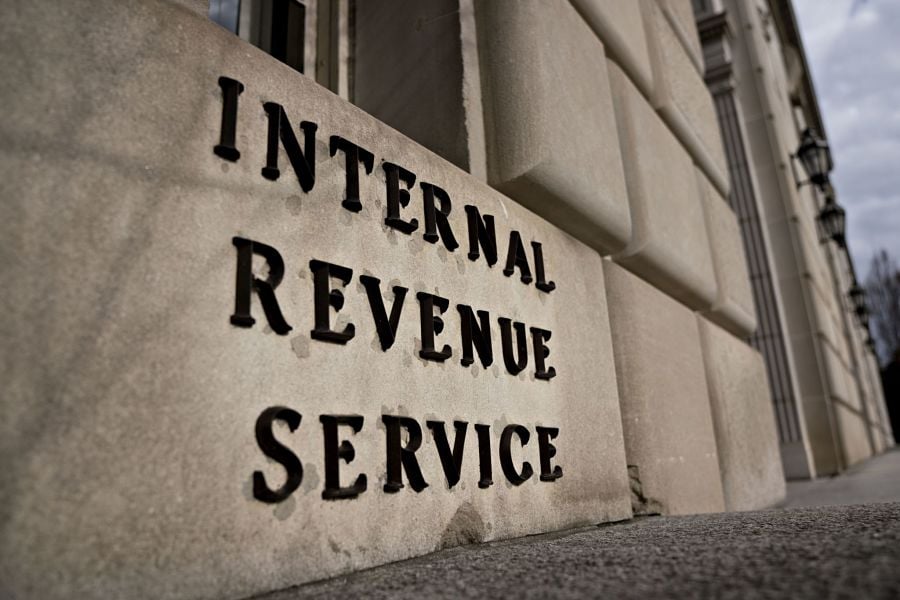

President Joe Biden wants to put more bite in IRS enforcement to help ensure the wealthy pay the taxes they owe.
As part of the American Families Plan, Biden is proposing to increase funding for the Internal Revenue Service by $80 billion over 10 years, according to published reports. Biden also would bolster reporting requirements for banks to target unreported income.
“The IRS will crack down on millionaires and billionaires who cheat on their taxes,” Biden told a joint session of Congress on April 28, when he introduced his sweeping $1.8 trillion social spending package.
One way Biden wants to generate revenue for the American Families Plan is to capture the taxes the wealthy are dodging. A White House fact sheet cited a study that found that the top 1% of earners failed to report 20% of their income and avoided paying $175 billion in taxes a year.
The White House said Biden’s proposal would bolster IRS enforcement resources targeted at large corporations, businesses, estates and higher-income individuals and would raise $700 billion over 10 years.
The agency’s budget, which was $11.8 billion in fiscal 2019, declined by 20% from fiscal 2010 through fiscal 2018. Its 73,544 workforce has decreased by 14.4% since fiscal 2014. The average gross tax gap of what was due and what was collected was estimated at $441 billion for 2011, 2012 and 2013.
Biden’s funding proposal would be a shot in the arm, said Jorge Castro, a member at the law firm Miller & Chevalier.
“That would be transformational for the IRS,” said Castro, a former counsel to the IRS Commissioner. “The tax gap is an example of how the IRS needs more resources. They would have more examiners. They could do more audits.”
But the American Institute of CPAs said the Biden administration should fund IRS customer service, enhance its technology and upgrade employee training in addition to bolstering enforcement.
“We understand that enforcement is an important aspect of what the IRS does, however, it needs to be in balance with the services the IRS provides taxpayers,” Melanie Lauridsen, AICPA senior manager for tax policy and advocacy, said in a statement.
Even with more funding, the IRS will continue to be hard pressed to ferret out tax evasion schemes and prosecute them.
“These are sophisticated transactions,” said Richard Pon, a CFP and investment adviser who owns an eponymous firm in California. “It takes time to find these things and unravel all the details. They have to evaluate the risk of litigation. It may not be worth the IRS’s headache.”
Biden wants to make sure the IRS follows through on pursuing tax evaders.
“I haven’t ever seen the president of the United States have this kind of interest in increasing the level of IRS funding,” Castro said.

Looking to refine your strategy for investing in stocks in the US market? Discover expert insights, key trends, and risk management techniques to maximize your returns

The RIA led by Merrill Lynch veteran John Thiel is helping its advisors take part in the growing trend toward fee-based annuities.

Driven by robust transaction activity amid market turbulence and increased focus on billion-dollar plus targets, Echelon Partners expects another all-time high in 2025.

The looming threat of federal funding cuts to state and local governments has lawmakers weighing a levy that was phased out in 1981.

The fintech firms' new tools and integrations address pain points in overseeing investment lineups, account monitoring, and more.
RIAs face rising regulatory pressure in 2025. Forward-looking firms are responding with embedded technology, not more paperwork.
As inheritances are set to reshape client portfolios and next-gen heirs demand digital-first experiences, firms are retooling their wealth tech stacks and succession models in real time.
